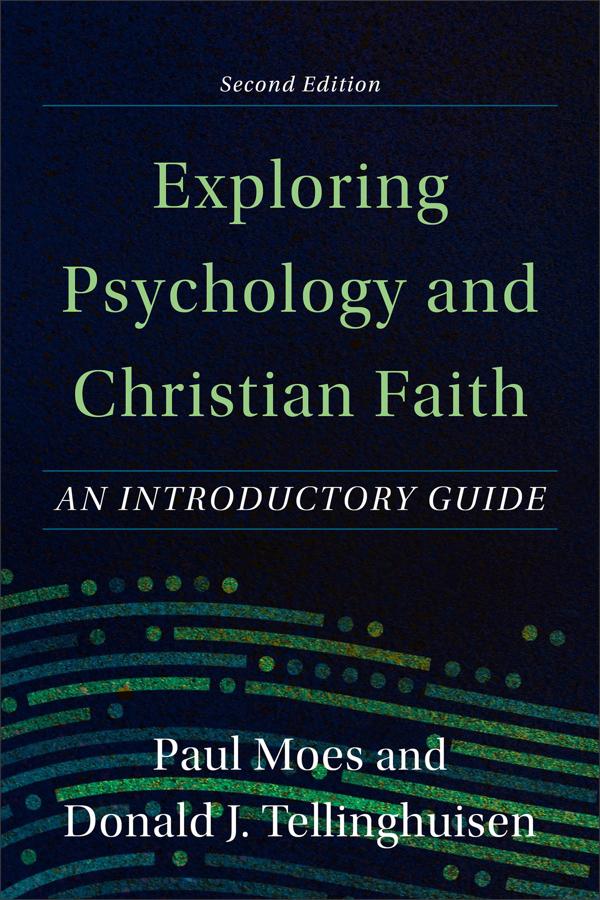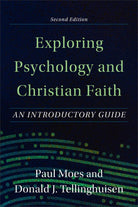Exploring Psychology and Christian Faith
$29.99
Unit price
/
Unavailable
Shipping calculated at checkout.
Couldn't load pickup availability
Exploring Psychology and Christian Faith


